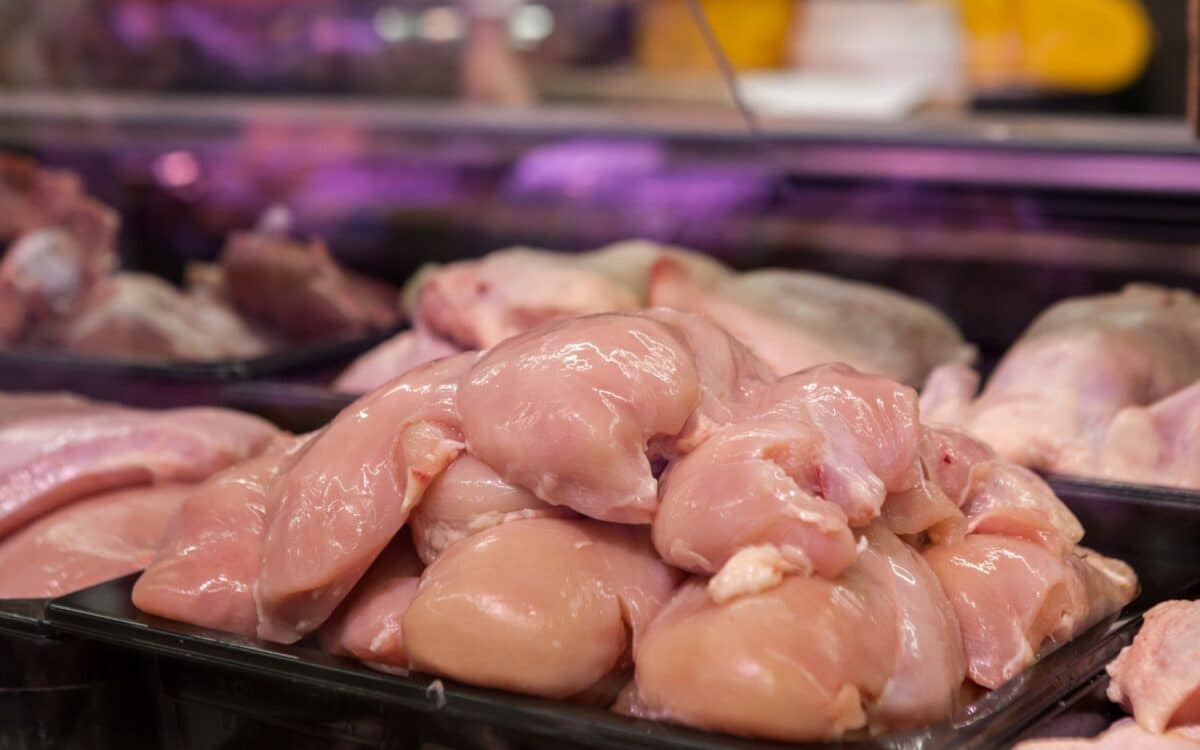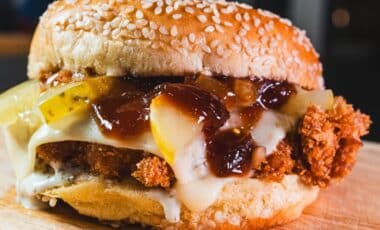The UK faces a critical decision as President Donald Trump suggests that allowing US chlorine-washed chicken into British markets could be key to lifting the tariffs currently imposed on UK exports.
This proposal comes amidst the ongoing trade tensions between the two countries, with the UK already dealing with a 10% levy on its goods.
The White House argues that certain UK food standards, including the ban on chlorinated chicken, are hindering US exports.
However, UK officials remain firm in their stance, maintaining that food safety standards are non-negotiable, according to a report by The Independent.
The Tariff Situation Between the US and the UK
The UK faces a 10% tariff on all exports to the United States, as part of the ongoing trade disputes. This follows a broader tariff policy enacted by President Trump, which also includes a 20% levy on EU imports.
These tariffs were framed by Trump as “reciprocal” responses to what he considers unfair trade practices that have previously disadvantaged the US. He described the actions of other countries as having “looted, pillaged, raped, plundered” the US economy.
In a statement published alongside the tariff announcement, the White House added :
The UK maintains non-science-based standards that severely restrict US exports of safe, high-quality beef and poultry products.
The Uk’s Stance on Chlorine-Washed Chicken
For years, the UK has rejected the idea of importing chlorine-washed chicken, citing concerns over food safety and hygiene.
The UK government has consistently maintained its commitment to high food standards, with officials reiterating these positions even after Trump’s demands. Downing Street emphasised :
Our position on that is unchanged. You’ve got the manifesto commitment on food standards, which obviously remains.
Public and Political Opposition to Importing Chlorinated Chicken
A 2020 poll revealed that 80% of Britons are opposed to the importation of chlorine-washed chicken. Political figures, including Labour’s Rachel Reeves, have voiced their opposition, emphasising the need to protect British farmers and uphold national food standards. In November, Reeves stated that the UK would not allow
British farmers to be undercut by different rules and regulations in other countries.
Reeves continued, warning that a trade deal with the US could lead to severe consequences:
A US trade deal would be devastating for British farming, food security, public health, animal welfare, and the environment.
She also pointed out that
US agriculture is heavily subsidised and relies on intensive, industrial methods – including chemicals and practices banned in the UK. The British public is rightly appalled by chlorinated chicken and hormone-fed beef. We are an animal-loving nation that values high standards, and we must not trade them away.
Concerns From the Farming Industry
The UK farming community has raised alarms about potential trade deals that could undercut British agriculture. Advocates of high food standards warn that allowing US practices, including the use of chlorine and hormones in farming, would compromise public health, animal welfare, and environmental protections.
The farming industry’s pushback against chlorinated chicken is rooted in concerns over the long-term effects on food safety and the welfare of animals.
In response to these concerns, figures like Liz Webster from ‘Save British Farming’ have strongly opposed any trade agreements with the US that might dilute the UK’s rigorous food regulations.
She warned that a trade deal with the US could lead to lower food quality, posing risks to public health and undermining British farming standards.









